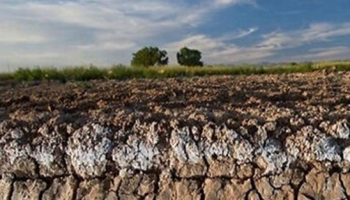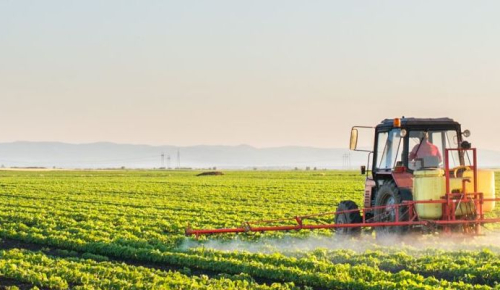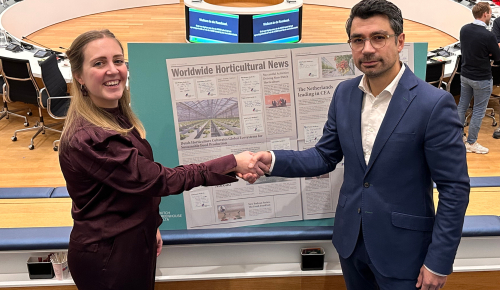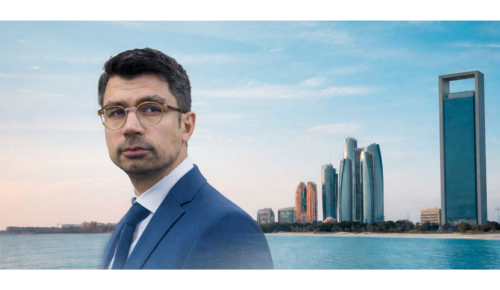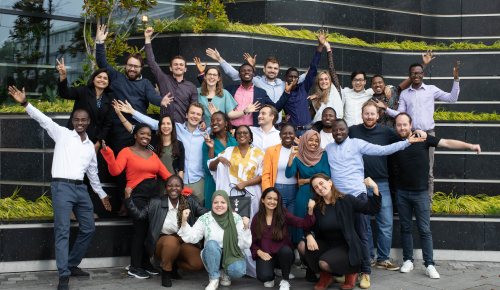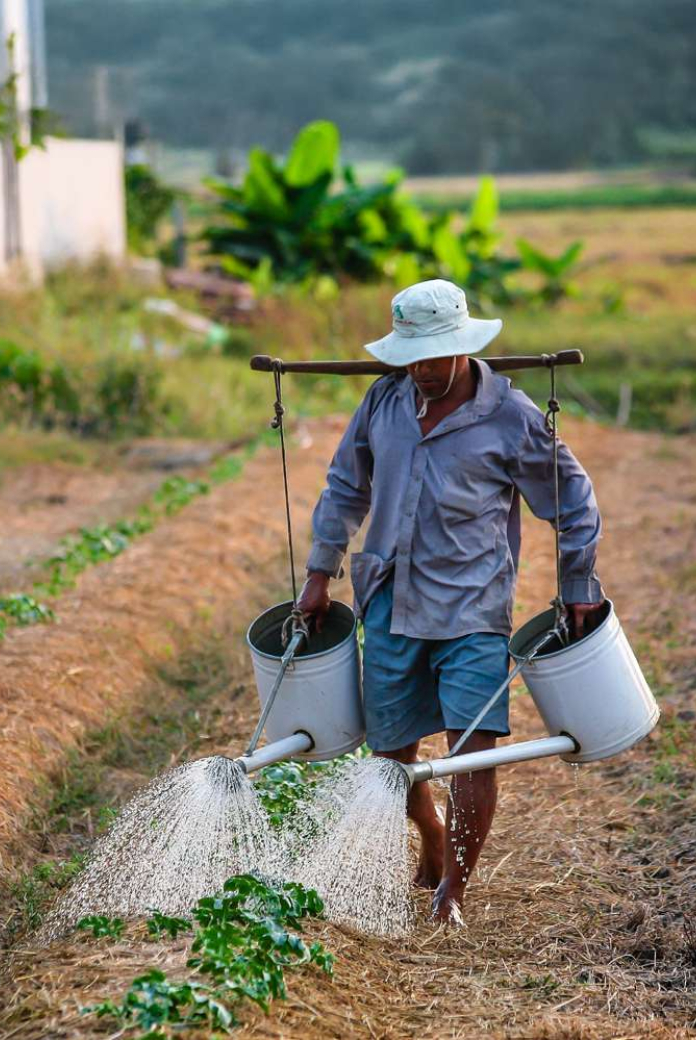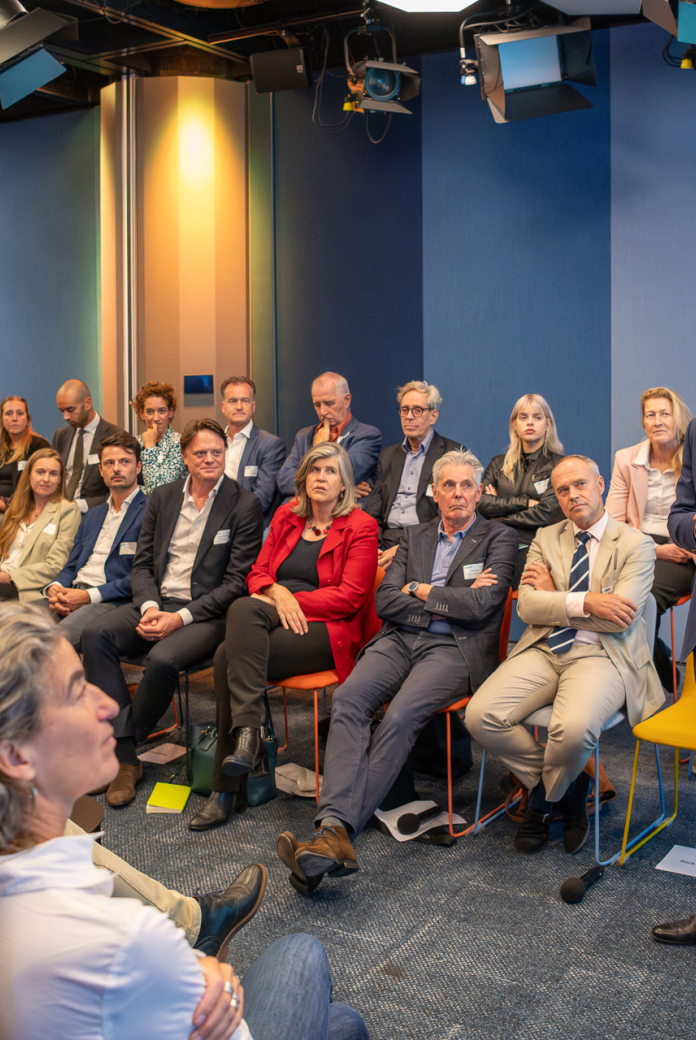News
5 April 2022Towards a Dutch Saline Water & Food Systems partnership
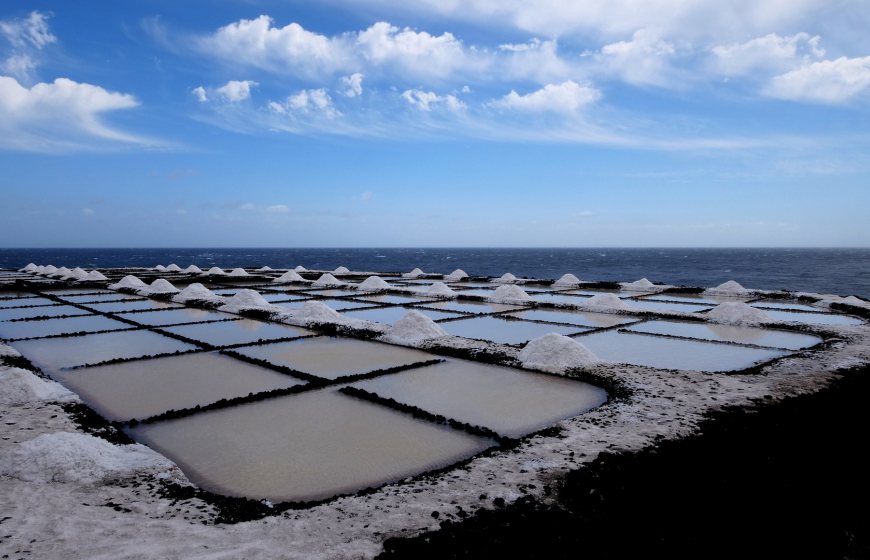

An important step has been taken in the design of the Dutch Saline Water and Food Systems (SW&FS) Partnership. On 10 March, stakeholders from the Dutch water and food sectors gathered in The Hague to explore how a SW&FS partnership of various organisations could show a unified Dutch voice, intensify cross-sectoral collaboration, stimulate national and international knowledge exchange, and initiate projects. The ambition of this Partnership is to improve coordination and cooperation between Dutch organisations to keep and strengthen its international position on salinisation, and more importantly, to strengthen its contribution to tackling salinisation in Low and Middle Income Countries and thus contributing to SDG2 – Zero Hunger.
The meeting, organised by the Netherlands Water Partnership (NWP) and the Netherlands Food Partnership (NFP), gathered 22 key stakeholders, ranging from knowledge institutes, private sector, government and INGOs, focused on the main chapters of the outline for the partnership based on earlier interviews. Interesting and useful discussions were held, with several improvements to the proposed focus and approach, including concrete suggestions on how the partnership could deal with this. Below is a summary of the additions to the outline.
Five potential functions
- Developing a shared vision and sharing knowledge and experience
The importance of knowledge sharing, on an international scale, was acknowledged. Visions, approaches and technical knowhow need to be continuously updated between the different stakeholders. A vision on salinisation should also show the relation with climate change and the need for an integrated approach.
- Linking networks, organisations and persons
The partnership can play a role in increasing visibility, bringing partners together and developing consortia that offer integrated solutions. Setting up a one-stop-shop could be an option to facilitate international stakeholders in finding information about Dutch expertise.
- Informing/influencing policy and research agendas
Well described salinisation issues and the gathered experience, lessons learnt and best practices of the Netherlands can be shared with international and multilateral organisations. Additionally, for the relevant Dutch Ministries, it is also be useful to be well informed on the international context and local activities of Dutch actors regarding salinisation.
- Branding’ the Netherlands knowledge and experience
Visibility and branding on salinity expertise requires can help initiate new projects on the ground. Sharing experience and linking organisations would contribute to the branding of Dutch expertise.
- Initiating projects
This was identified as the main function of the partnership. The partnership could build a database (or online hub) consisting on national organisations working on salinity and an oversight of the Dutch portfolio and innovations. The database can be expanded to an international level, requiring decisions on topics, countries and expertise.
Collaboration and interaction
To enhance collaboration a long-term perspective and a clear short-term focus is needed. At the same time, one should accept the diversity in visions, approaches and stakeholders. The network of the partnership should not only focus on research but move towards practice and policy. It was recommended to involve the private sector, convene the opportunities they see and help to find investors by starting pilot projects. Because of the multiple dimensions of salinity, several ministries need to be involved.
Next steps
NWP and NFP will develop a partnership work plan for 2022 based on the initial outline and the discussions and suggestions during the meeting. A next event will include sharing knowledge and match making.
Featured NWP partners: Netherlands Food Partnership
